Keywords: Ets
There are more than 200 results, only the first 200 are displayed here.
-
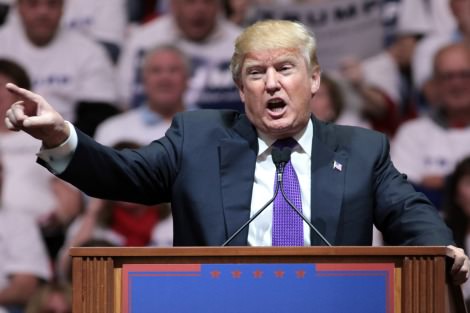
MEDIA
- Fatima Measham
- 19 January 2017
11 Comments
In the weeks before the US election, Salena Zito wrote of Donald Trump: 'The press takes him literally, but not seriously; his supporters take him seriously, but not literally.' Not being able to take consequential public statements as meant - that loosens threads that bind democracies. The work cut out for US journalists is in fact cut for all who live in this era. If language no longer organises reality in a way that meets basic agreement, not much holds us together.
READ MORE 
-
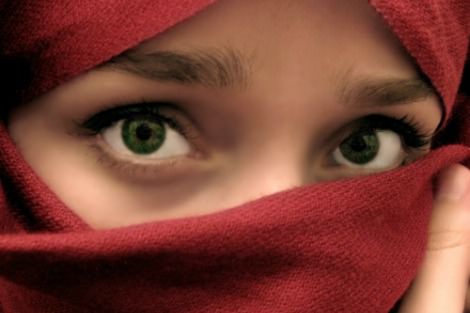
RELIGION
- Irfan Yusuf
- 14 December 2016
2 Comments
Some of my South Asian 'aunties' are very much opposed to wearing any religious head covering. Mum has only recently started wearing a tiny Egyptian number she picked up during her last Haj. Like many South Asians, she has become a bit more religiously observant as she gets older. She grew up in the Indian university town of Aligarh, some 140km South East of Delhi. Aligarh was a very conservative town, and her father, a professor at the local university, was a rather conservative chap.
READ MORE 
-
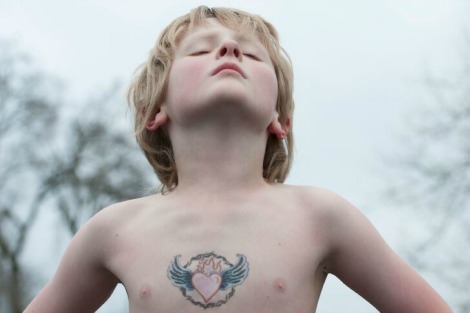
AUSTRALIA
- Ann Deslandes
- 06 December 2016
6 Comments
I'm a 36 year old white Australian who grew up middle class in suburban Adelaide. I can count on one hand the number of households in the streets I lived on which were always-already made up of a mum-dad-kids scenario. The research on children's attachment, development and resilience shows kids need meaningful, culturally appropriate relationships with caring and competent adults in order to thrive as human beings. These adults can be pretty much anyone as long as they fit that bill.
READ MORE 
-
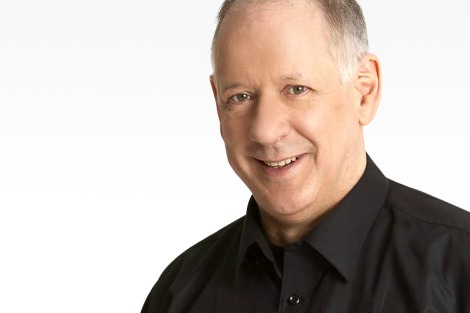
MEDIA
- Kasy Chambers
- 05 December 2016
21 Comments
There has been a slow trickle of news outlets in Australia winding back their coverage of religion over recent years. Some might argue that this is a good thing in a secular democracy, and that discussion of religion creates division. This however flies in the face of the overwhelming good that religious belief, and religious-based organisations, do in this country. Not to mention the fact that religion and ethics are a major part of the narrative of society, of how we live together and how we form a community.
READ MORE 
-
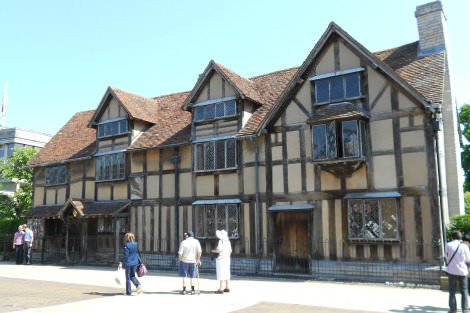
INTERNATIONAL
- Patrick McCabe
- 29 November 2016
3 Comments
Someone I read in high school, so probably Shakespeare, once said 'The past is a foreign country, they do things differently there.' Well, whoever it was clearly hadn't been to Stratford-upon-Avon (so maybe not Shakespeare then). Here, you truly can visit the past, without a passport. As one peruses the shops, houses, supermarkets and ATMs, one cannot help but speculate as to the links between Shakespeare's works and what must have been the commonplaces of his everyday life.
READ MORE 
-
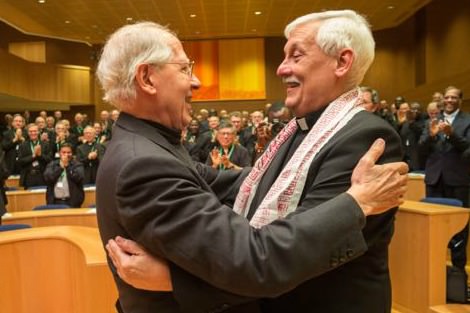
RELIGION
- Andrew Hamilton
- 07 November 2016
6 Comments
Ordinarily I wouldn't dare to say political leaders have anything to learn from Jesuits. But these are the kind of extraordinary times of anxiety and flux that led ancient rulers to consult oracles, read tea leaves and look at the flight of birds. People fret because their future and pockets rise and fall on the tide of of would-be presidents. In the sour slurry of discontent and puzzlement the election of a Venezuelan political scientist as international leader of the Jesuits provides material for broader reflection.
READ MORE 
-
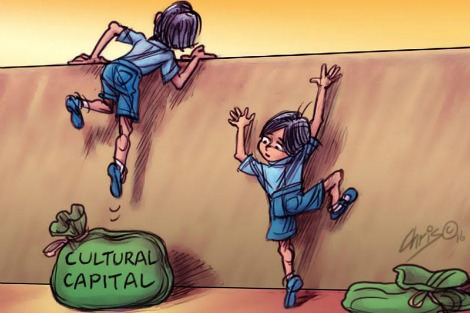
AUSTRALIA
- Sonia Nair
- 24 October 2016
15 Comments
Social theorist Pierre Bourdieu posited the disturbing finding that academic underperformance in lower-class students could be traced back to their lack of cultural capital, defined as 'familiarity with the dominant culture in a society, and especially the ability to understand and use 'educated' language''. According to Bourdieu, the mainstream education system assumes a certain level of cultural capital and as a result, educators speak in a manner that is only understood by a privileged few.
READ MORE 
-

ARTS AND CULTURE
- Barry Gittins
- 13 October 2016
1 Comment
I attempted at one stage to lodge snippets of William Blake's Songs of Innocence and of Experience into the minds of our children. Emily complained that 'symmetry' didn't really rhyme with 'hand or eye'; Ben was and is more into dragons than tigers. The question later pondered of Blake's tiger 'Did He smile His work to see? Did He who made the lamb make thee?' regularly confronts me, as my wife semi-mourns and I embrace the maturing process that is taking our children towards adulthood.
READ MORE 
-

ARTS AND CULTURE
- Jena Woodhouse
- 26 September 2016
5 Comments
Across the black hole of my solitude, the self-indulgent pit where I lick self-inflicted wounds, lightly step returning refugees. They know why they trek through forest, crossing rivers, day by day, on bruised and lacerated feet, in rain, on clay, on sharp-edged stones. For them there is no other way, and they are going home ... They have no doubt where they belong, the dying and the newly-born, no time to squander on regrets: they are going home ...
READ MORE 
-
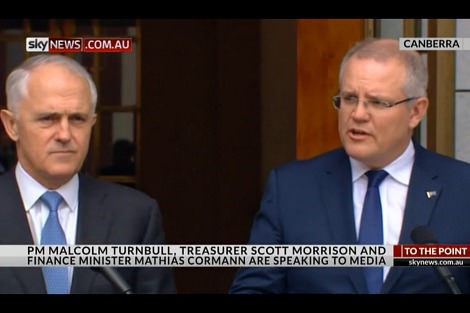
ECONOMICS
- Andrew Hamilton
- 20 September 2016
4 Comments
It is a welcome change to see budgets spoken of in moral terms. The government recently insisted on a moral responsibility to future generations to fix the deficit. And the Australian Catholic bishops welcomed on moral grounds the compromise that saw dropped from the budget measures which would further disadvantage vulnerable people. The difference was that the government's argument was focused on the budget, whereas the bishops' focused on particular groups of people.
READ MORE 
-
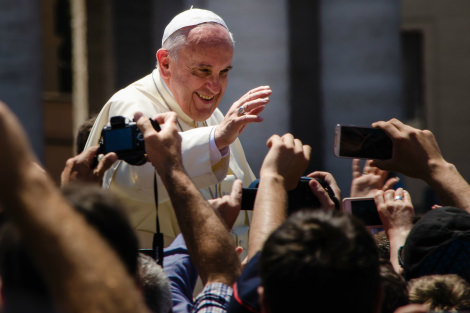
RELIGION
- Andrew Hamilton
- 15 September 2016
17 Comments
Is Francis' style of political engagement effective? It has certainly gained him a favourable hearing within church and society. His message and his personality suit the times. Whether it will be lastingly effective will depend on whether he changes attitudes, particularly those of people who will be responsible for governance in church and state. But at the very least he has stressed the ethical and religious urgency of treating refugees, the environment, and the economy with respect.
READ MORE 
-

ARTS AND CULTURE
- Kevin Gillam
- 13 September 2016
1 Comment
I understand the meaning of her silence but don't have a word for it so I scour night sky for a term for the sound of black between stars and moon and meteorites and planets and us and come up with 'evol' and write it down and then show it to her and she says 'is that the root of evolve like before stuff moves or morphs?' and I say 'no, it's love backwards' and she stares at me and says nothing
READ MORE 